|
Socialization refers to the window of learning when puppies are more accepting of new things and when they learn what’s “normal” as part of their life. 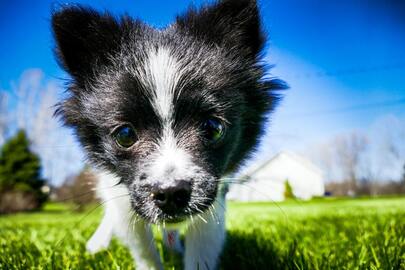 Puppies actually go through 2 socialization periods – the first is called the interspecies socialization period and this occurs roughly between 3-7 weeks. This is where they learn about their species. They learn how to interact with parents and littermates and what it means to act and communicate as a dog. This phase is almost always completed while they’re still with mom and the breeder/foster. This is also when bite inhibition is locked in. You can’t change bite inhibition later, which is why leaving them with littermates and mom is so important. (Note that bite inhibition refers to how hard a dog will bite when they’re in crisis/fight or flight…not how they normally play or interact with other dogs/other species). So ask about this time and what other animals (if any) they were exposed to.
If your dog is already past their socialization window, don’t panic – there are still things you can do to help and work with them. Counter-conditioning and teaching alternative ways of coping with stress are fantastic tools and I’m happy to help you out with that. But for the purposes of this handout, I’m only focusing on what to do during the socialization window. Let’s get started!
- smells - objects - people (different shapes, sizes, energy levels and ages) - places - animals - textures - handling (touching different body parts, like ears, feet, tail, lips, etc…) - grooming (introduction to nail clippers/files, brushes, cleaning ears, getting paws wet in the tub, etc…)
It’s a good idea to continue working on these to some extent after the social window has closed…especially in areas your dog struggles. Just remember to do what you can when you’re able! Make this a priority now and it will pay off much better in the long run. One last note: genetics play a large part of an adult dog’s personality, so socialization does not necessarily guarantee a happy, confident dog. However, it’s our responsibility as pet parents to do our part to set them up for success. If you'd like additional help with socialization and training, we would love to chat with you about your specific needs and options! We're passionate about socialization and getting puppies and their families off to their best possible start in life!
0 Comments
Leave a Reply. |
Kat & Haylee
Just a couple of animal geeks trying to make the world a better place. Archives
February 2023
Categories
All
|
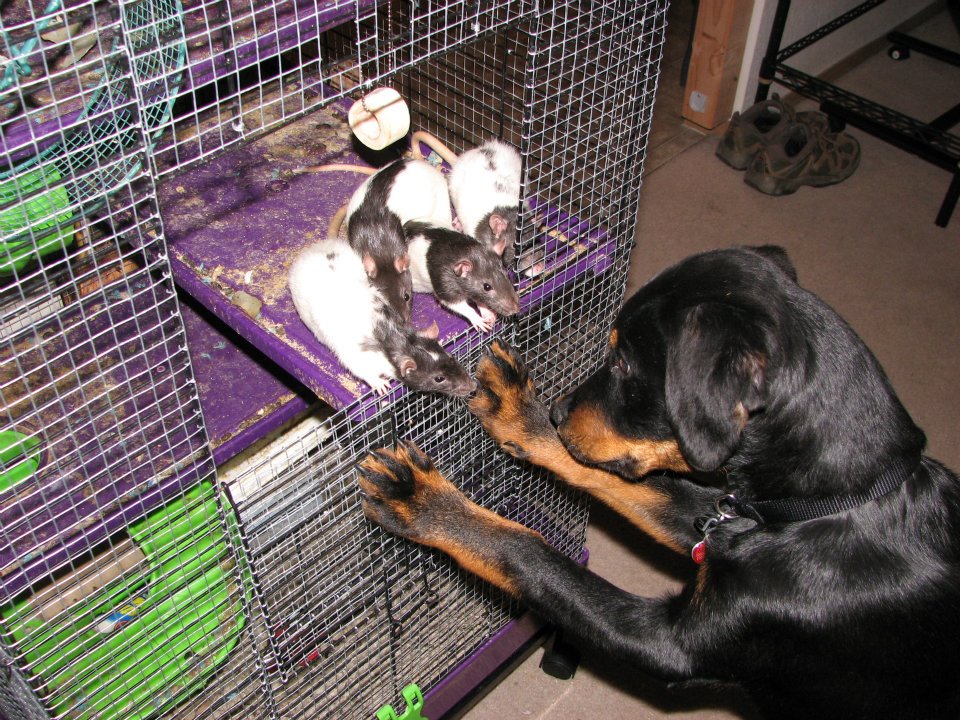
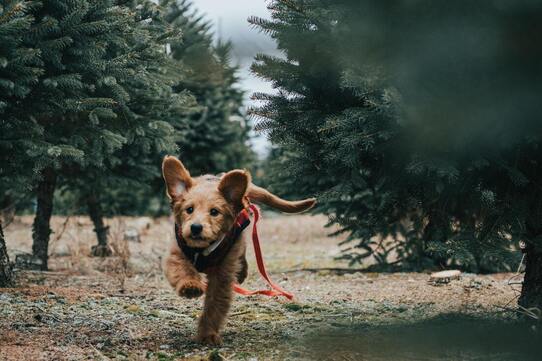
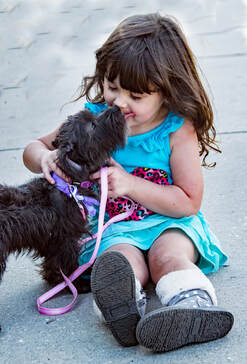
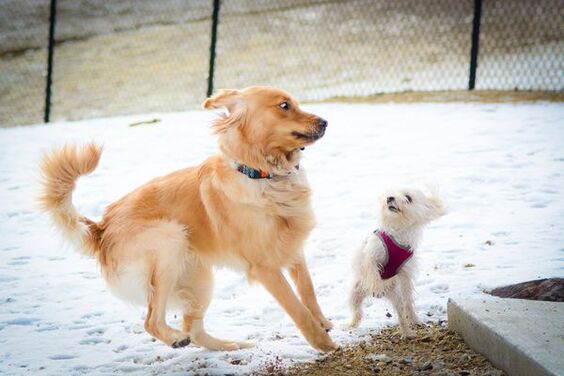
 RSS Feed
RSS Feed